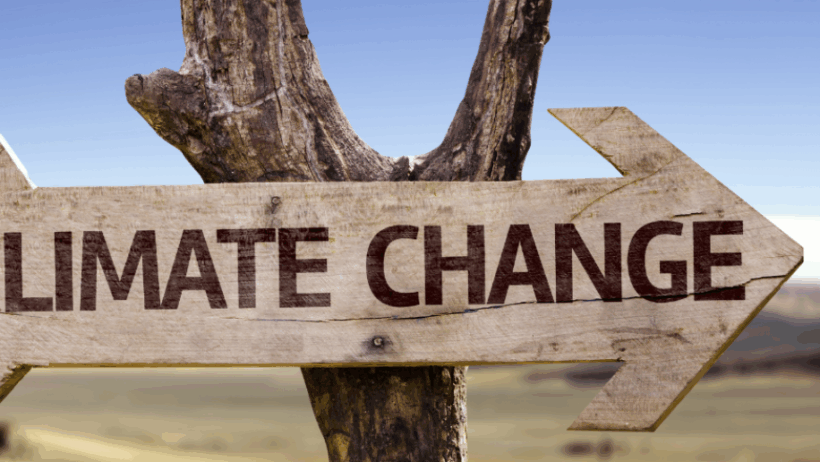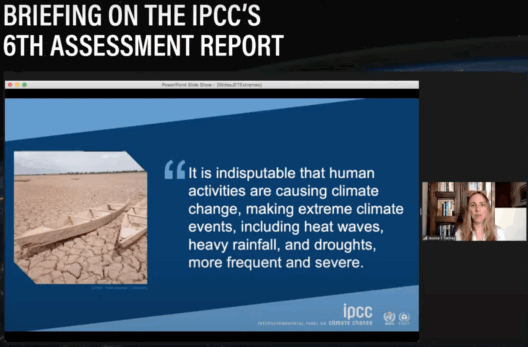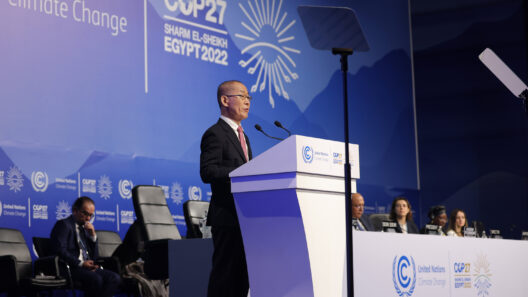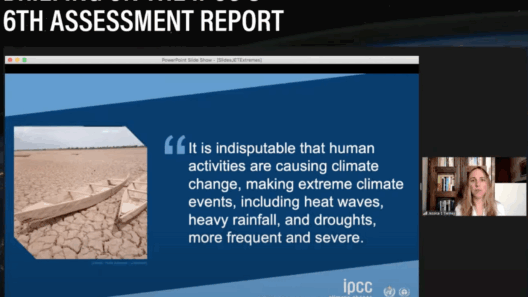The question of whether poor individuals can contribute to the reduction of global warming might seem superfluous at first glance, yet it presents a tantalizing point of discussion that calls for a deep examination. After all, when the conversation around climate change is largely dominated by the machinations of corporations and affluent nations, the voices of those in poverty often get drowned out. This backdrop leads us to a playful yet thought-provoking inquiry: Can the underprivileged among us play a pivotal role in mitigating climate change? More importantly, might they possess unique, untapped potential to innovate in this arena?
It is crucial to first unpack the relationship between economic status and environmental impact. Historically, wealth has afforded individuals and nations the resources to contribute significantly to greenhouse gas emissions. Industrialization, a hallmark of economic development, has primarily been propelled by affluent nations. Conversely, the poorest populations often exhibit a paradoxical affinity for environmental conservation, driven by their dependency on natural resources for survival. Limited consumption levels mean that impoverished communities contribute less to pollution compared to their wealthier counterparts, leading to the presumption that their agency in climate action is minimal.
However, such a presumption may overlook the innovative spirit that often emerges in precarious circumstances. Resourcefulness is a hallmark of many people living in economically disadvantaged conditions. When conventional pathways to eco-friendliness—such as electric vehicles or solar panels—remain out of reach, ingenuity often steps in. From community gardens utilizing repurposed materials to local cooperatives establishing renewable energy projects, poor communities have shown remarkable adaptability. Their struggle for survival necessitates a relationship with the environment that rich communities rarely cultivate amidst their comfort.
Moreover, the intersection of poverty and environmental advocacy can highlight systemic inequalities that demand attention. Climate change is, after all, a multifaceted issue that does not affect all populations equally. Marginalized communities often reside in areas most susceptible to environmental degradation, facing challenges such as displacement from extreme weather events or increased health issues stemming from pollution. This juxtaposition compels a re-evaluation of climate solutions that do not merely focus on technology and policy but also prioritize social equity.
Understanding these dynamics allows for a more inclusive approach to climate action, one that harmonizes economic with environmental goals. Herein lies a challenge: Can we cultivate a platform that amplifies the voices of impoverished populations and elevates their lived experiences? The answer demands concerted efforts from various stakeholders, including governments, NGOs, and private-sector players. Programs designed to empower poor individuals with the tools and knowledge to combat climate change could emerge as instrumental strategies.
Investing in education and awareness is a natural starting point. Workshops tailored for low-income communities that provide insights into sustainable practices can create ripples of change. Utilizing local leaders who understand the unique challenges and dynamics of these populations can amplify educational efforts. For instance, teaching people about the importance of preserving local ecosystems can protect invaluable resources while simultaneously reducing greenhouse gas emissions. Community-driven conservation initiatives are effective, not only in fostering environmental stewardship but also in generating income through eco-tourism or sustainable agriculture.
Another innovative avenue for enabling impoverished individuals to partake actively in climate initiatives is microfinancing. By extending small loans to enable the adoption of green technologies, such as energy-efficient appliances or sustainable farming techniques, you provide the impoverished with not just financial assistance, but agency and autonomy. This shift from a “top-down” approach to a “bottom-up” paradigm can lead to sustainable community development. It transforms not only the ecological landscape but also social structures—creating jobs, enhancing living standards, and ultimately stabilizing communities against the vicissitudes of climate change.
Moreover, advocacy cannot be neglected. The influence of grassroots movements in climate activism can be profound. By organizing and mobilizing communities, impoverished populations can collectively voice their demands for environmental justice. Campaigns focusing on equitable distribution of resources and the recognition of indigenous knowledge systems can lead to transformative policymaking. Their narratives possess the power to challenge the status quo and highlight the urgent need for inclusive climate solutions.
This leads to an intriguing prospect: How might partnerships between affluent organizations and poor communities enhance the fight against climate change? Collaborations that acknowledge the expertise of impoverished communities can lead to innovative solutions that benefit both parties. Consider partnerships where wealthy enterprises invest in local sustainable initiatives, thus creating a win-win situation: the communities gain economic empowerment, while corporations enhance their CSR profiles and contribute positively to climate goals.
As we navigate the complexities of global warming and its consequences, it becomes glaringly apparent that impoverished communities are not merely passive victims; they possess the potential to emerge as powerful agents of change. From grassroots innovations to advocacy, their involvement in climate action represents not just a question of morality, but a pragmatic necessity. The challenge lies in creating structures that elevate their voices and harness their resourcefulness, thus paving the way for a more equitable and sustainable future. As this inquiry unfolds, it compels us to reconsider not just who contributes to the climate fight, but who defines it. The resilience and creativity forged in the crucibles of poverty can indeed be pivotal in combating global warming.








